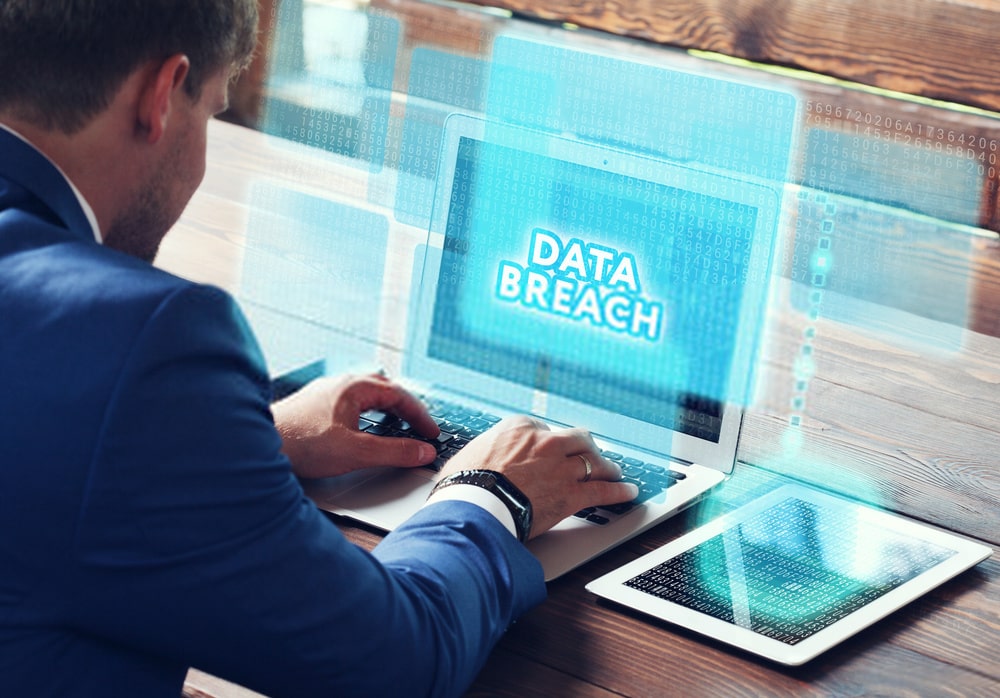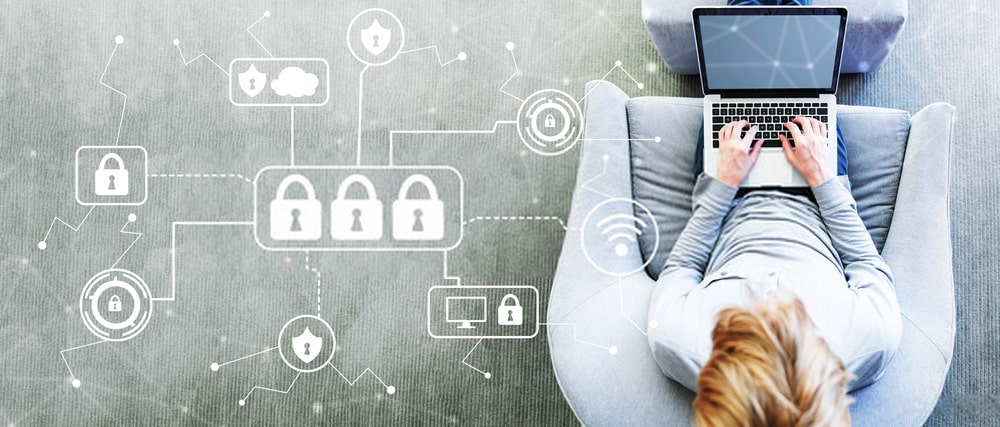At the moment, having online privacy is like walking a tight line between convenience and social advantages, cyber stalkers, and government spying. Almost everything you do online can be tracked by browsers, websites, and who knows what else.
On top of that, many willingly put their information out there through social media and other accounts.
The thing is, people are comfortable with different levels of privacy. Some are okay with posting their personal details online, while others want none of their information on the web. The tricky part is getting control over all that data and how much outside parties can access it.
This article will take a look at what digital privacy is, why it’s important, and what steps individuals can take to protect it.
Contents of Post
What is Digital Privacy, and Why is it Important?
Digital privacy, in the simplest terms, is a person’s right to choose how much of their information is gathered/shared online and who has access to it.
Private digital information includes confidential data like:
- credit card information,
- social security numbers,
- private addresses.
Some things are less confidential or sensitive but should still be private, including:
- location data,
- search history,
- social media posts.
The things people do online should be their own business unless they willingly share that information with selected third parties.
Right now, people have little control over who has access to their personal data and who uses it. Or, really, even how they use it. But people are right to want more privacy, and many are looking for ways to do so. For example, type “hide my IP” into a browser search bar and see how many results come up.
Of course, there are some user protections in place. Social media platforms, browsers, and some apps offer users a degree of control over their privacy through privacy settings. And new regulations like the GDPR enter the picture in the hopes of putting power back in people’s hands. This free GPDR audit checklist will help determine how well your organization is complying with the new law.
While all that is a step in the right direction, the world has a long way to go in terms of digital privacy. New regulations are needed, but regulators are still playing catch-up while data is being gathered and abused.
Data Mismanagement, Data Breaches, and Privacy Violations

The web is rife with trackers, cookies, and data gathering bots. They mine data from everyone who uses the internet. That data is valuable, and the people whose data it is usually have no idea how much of their private information floats around the web.
On top of that, one organization that stores data on its servers may share it with others – researchers, companies, advertisers, or governments. In 2018, Facebook faced massive backlash after the company was found leaking user data to third-parties.
Or a company’s servers (or those they share data with) might get hacked, and now it’s in the hands of criminals selling it on the dark web. It isn’t just fear-mongering; there are countless data breach announcements every year. Some of the most memorable ones include the Equifax, Under Armour, and British Airlines breaches.
How to Regain Some Online Privacy

- Secure online accounts. The most common fallout from data breaches is those credentials being used for logging into people’s other accounts. That’s why password safety is a crucial part of digital privacy today. Make sure to practice good password hygiene, use a password manager, and set up two-factor authentication.
- Opt for a private browser. Browsers gather a lot of personal data, and so do the websites people visit. One option is to use a privacy browser like DuckDuckGo or Brave. But it isn’t necessary to switch browsers entirely. There are privacy extensions like Privacy Badger and Ghostery that do a phenomenal job at blocking many of the more invasive trackers out there.
- Get a VPN. Virtual private networks (VPNs) are a massive boon for online privacy. With one turned on, a user’s connection is encrypted, and their IP address is hidden and replaced by a different one. Not only can’t third parties track what someone’s doing online and link it to them, but hackers can’t steal their information in transit either.
- Delete old data/accounts. Cybercriminals can also take data from old, unused accounts or apps. Make sure to close old accounts and delete apps when they aren’t in use anymore.
- Check privacy settings. Most online accounts, browsers, and apps have privacy settings that can be turned off or on. Usually, it involves opting out of tracking for advertisement purposes and similar choices.
Summary
In an era where online privacy is being challenged from all sides, it’s more important than ever to take back some lost ground. While this deep invasion into everyone’s lives may feel discouraging, there are ways to limit how much third parties can see.
Complete digital privacy will never be possible, but it is good to strive for as much privacy as possible.

